Over the past two weeks, my newsfeed has been jam packed with graduation pictures; kids of all ages adorned in caps and gowns, celebrating their academic milestones. It wasn’t until last night when I came across the video of preschooler Sophia Urquijo, belting out Moana’s “How Far I’ll Go” during her Miami graduation that I lost it. Yup, I lost it. My visual impairment didn’t allow me to actually “see” what Sophia looked like, but the silhouette of her tiny body’s animation was spectacular! This little personality, this beautiful child, was truly one of a kind! I didn’t have to “see” her; I could “feel” her. Sophia reminded me so much of my own daughter, Nuala, also 4, who “should” be heading to Pre-K in September. I preface this piece highlighting the word “should.”
NYC & Universal Pre-K:
In 2013, the year my Nuala was born, Bill de Blasio campaigned on the promise of a Universal Pre-K (UPK) Program. Now Mayor and seeking a second term, de Blasio has made good on that promise. According to the New York Times[i], New York City has enrolled over 70,000 children in it’s UPK program, more than any other state, except Georgia.
New York is also one of the few states in our country deciding to make UPK available to “ALL” 4 year olds, not just those whose families fall within a lower socio-economic bracket. The program was created on the precedent that every child should receive a solid foundation to their education, representative of all ethnicities, helping increase their social and emotional competency across the lifespan of their academic careers.
UPK runs five days per week, from September to June. Most pre-K options are on a full-day schedule (6 hours and 20 minutes). Some half-day (2 hours and 30 minutes) options are also available. Two rounds of online applications occur. The first begins in January with an offer of placement coming in late April. The second round begins in late April with an acceptance and offer coming in early June.
According the the New York City Department of Education, “any student born in 2013 can apply for a seat in the 2017-2018 school year including the following: Students with disabilities, Pre-K students recommended for Special Education Itinerant Teachers (SEIT) and/or Related Services, Students learning English, Students with limited mobility and accessibility needs, and Students in temporary housing.”
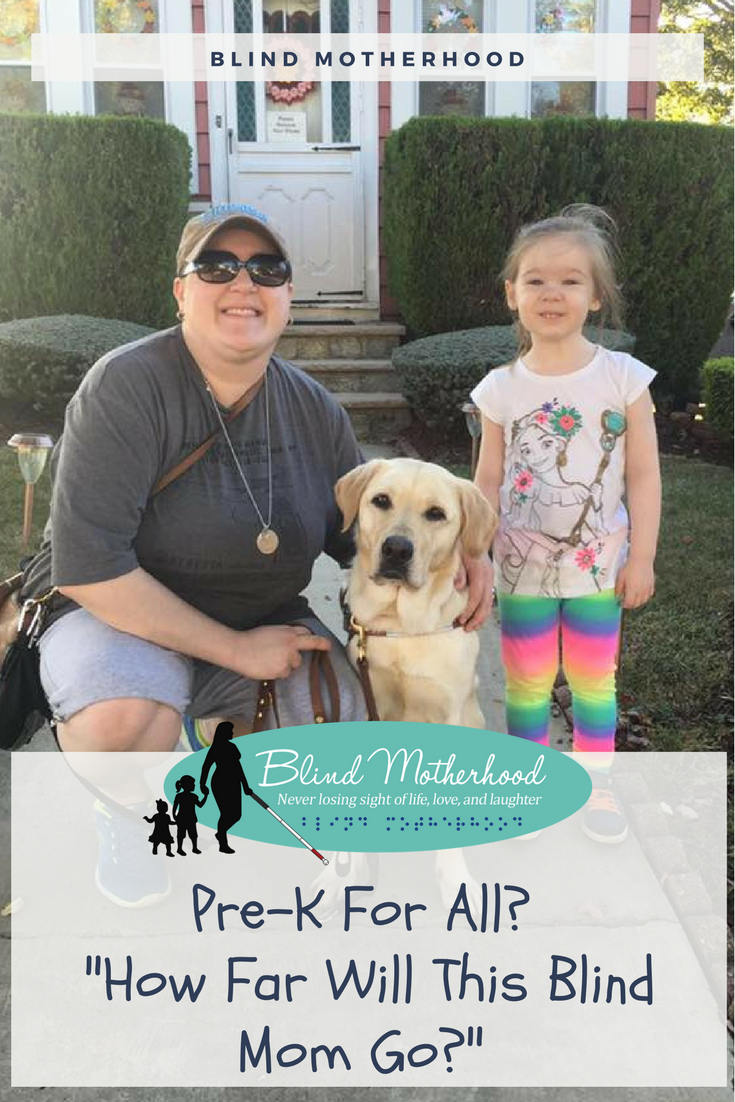
UPK Bus Regulations:
In New York city, there is currently no school bussing available for regular education UPK students. Children under the age of five, who are enrolled in special education UPK or Early Intervention programs, are eligible for curb-to-curb yellow bus service if it is indicated by an Individualized Education Program (IEP) or Individualized Family Service Plan (IFSP).
The child’s IEP or IFSP determines the specific type of transportation the child will receive. Bus vendors place children on specific routes based on pick-up location, school location and school session time.
So where does that leave this blind mother of 2?
Our UPK Journey:
My husband and I realized we had a problem when the first round of UPK applications came out in January. They say it “takes a village” to raise a child, but with no family nearby, the responsibility of getting Nuala to UPK every day rests mostly on my shoulders. An additional factor, her almost 3-year-old sister, Aoife, would need to be schlepped to and from the school, with the help of my guide dog, Frances. How would I safely care for my family and get my child to school every day?
We looked at our options: A local YMCA, a Community Based Organization (CBO), and our zoned public school.
The local YMCA was the closest. However, the one-way street leading to the school literally has no sidewalks. That means I would be walking Nuala, and pushing Aoife in a stroller, while relying on Frances to get me to and from the school. Not exactly a safe route.
The CBO is a local day care, approximately 12 city blocks away. Doable in good weather, yet still very dangerous in snow, rain or ice. Remember, we have nasty winters here in NYC. An audio street crossing sign would need to be installed at the cross-street for me to really feel comfortable getting my child to this location every day.
My zoned public school was even further than the CBO. Almost 20 crossings in total. The fear of bad weather and heavy traffic weighed heavily on my husband and I.
We sought an alternative option, looking into a private school with their own bussing to enroll our daughter. Not part of the UPK program, we would have been responsible for paying for our daughter’s education out of our own pocket. We are not wealthy people by any stretch of the imagination, but were willing to make whatever sacrifice necessary if it allowed Nuala to be picked up and dropped off by a school bus every day.
Together we worked with the school, who reached out to New York City’s Office of Pupil Transportation (OPT), the organization contracted to run the city’s school bus service. It was then we were told that no matter where we went, and despite having a parent who is blind, no bussing would be provided for our daughter because she didn’t meet the criteria. She did not have an IEP and would not be 5 years old until February of 2018, more than halfway through the school year!
I was devastated. I asked for the number of the bussing company for further clarification and to see if a personal explanation would prompt change. Nothing. No one would help because the law for bussing in NYS for UPK denotes nothing for parents living with a disability.
A Mother Keeps On Trying:
Once a bus was out of the question, my husband and I thought about our next steps. In pursuit of our private school option, we had already missed the deadline for the Round One UPK submittal process. Should we try for Round Two? Lobby? Advocate? Home School?
Somewhere in between tears and frustration, Nuala began asking questions. Tiny ears sometimes hear big problems and my intelligent little girl was definitely on to something.
“Mommy, will I get to be a big girl and go to school next year?” she asked.
“I’m not sure yet baby, but mommy is working on it.”
“I can’t wait to go learn things, make crafts and meet friends.”
The lump in my throat began to bulge.

The Listening Tour:
In April, Mayor de Blasio, began his “Listening Tour” with his first stop being my borough of Staten Island. I had heard about it on our local news and tweeted a key aide who was prepping the Mayor’s agenda for the week, briefly explaining my unique situation. She tweeted back, inviting me to speak with a representative at Borough Hall from the Department of Education (DOE). I told my husband I was going to give it a shot.
If I could just get in front of someone who would listen, I thought, then I know I could get this bus situation sorted out. With my family still asleep, Frances and I took the bus ride to the Mayor’s event. I met with Staten Island’s Administrator for the Borough Field Support Center (BFSC). I explained my problem and also threw in the fact that “Large Print/Braille” was not offered as an option for NYC DOE parental communication. He jotted down some notes, handed me his card and promised to personally call the Office of Pupil Transportation (OPT) to try to get me a bus.
When I walked out of that building, Frances in harness, I felt like a million bucks! There I was, advocating for my kid; fighting the good fight, so to speak. Maybe, maybe I would make a difference.
That afternoon, the DOE rep made good on his promise. A woman from OPT called at his request. She did not, however, give me the news I wanted to hear, again citing current NYS laws about bussing. I discussed my disability and how a bus would be an additional safety measure for my child.
“I’m sorry, there is nothing we can do. The law is the law.” she said.
“But I can’t be the only disabled parent in New York City trying to get their kid into UPK.”
“Oh, you’re not, I get calls all the time about situations like this; people in wheelchairs and such. But there is nothing I can do.”
I could feel my eyes well up with tears. “It’s my fault,” I said.
“You can’t think like that,” the woman replied.
“But it is “my” fault, if I could drive, she would be going to school.”
“You can only do what you can do.” With that, she hung up.
Dark Days for a Blind Mom:
Without exaggeration, I cried on and off for a week. My husband urged me to be kinder to myself. Easier said than done. I put an application in for Nuala in Round 2 of the UPK admissions. Last week, I received her letter. I needed to use my OrCam to read it. She had been placed in a Catholic school, 1.5 miles from my home, requiring an 18 block walk and a ride on a city bus every day.
The grand total of this commute, with both kids and Frances in tow, a little over one hour. To clarify, that’s 4 trips per day (drop off, back home, pick up, back home), a grand total of close to 4 hours of commuting for pre-school. I have until June 27th to accept the offer for a seat in the school. She is waitlisted for the CBO I mentioned earlier.
The Real Question:
The National Council on Disability published an article entitled “Rocking the Cradle: Ensuring the Rights of Parents with Disabilities and Their Children[ii]” This groundbreaking piece, revealed a study finding more than 4 million parents, 6% of the population, are disabled.
So here’s the real question, the one nobody has yet to answer for me.
How is it that a Pre-K program conceived on the concept of universal accessibility can deny bussing to a child whose parent has a disability – considering it’s the only way UPK may be accessible for that family?
Undoubtedly, New York City implored extensive planning for this program, hiring thousands of teachers and vetting partners and providers. How? How was this overlooked? Who is responsible?
Mayor de Blasio is promising to roll out a new 3-year-old version of his program. Let’s hope his administration takes a good hard look and more inclusive practices for disabled parents before moving forward with this new initiative.
My Nuala:
Nuala may not get the opportunity to wear her cap and gown this time next year. She won’t have the experience to stand on a stage and sing her little heart out to a packed auditorium. As a mother, that hurts me to my core. The pain of her “exclusion” to a program that promotes educational “inclusion” is palpable for me. I dare say, I don’t even think my husband has fully grasped how much this bussing issue has affected me.
I’ve contacted educational advocates, councilman, congressmen, senators, possible mayoral incumbents – anyone who will listen to my plight. Nuala is my focus, but quite honestly, it’s now become bigger than my child. It’s about shedding light on an issue impacting disabled parents in the city I call home.
I’m an integral part of that that 6% of the population. I chose to parent with my disability. I’m a part of this community, and so are my children. There are others like me out there who seek accessibility and accountability from the people who write our policies and draft our laws. The bussing rules must be changed for our educational system. You can’t refer to a program as “Pre-K for All,” when reasonable accessibility is denied for some.
So I think back once again to Miami’s little preschooler, Sophia, on her graduation day. Like the song she sang from Moana, let’s see “How Far I’ll Go.” Evoking change takes time, but I will never stop fighting for my children and I also fight for yours.
[i] Kirp, David L.: “How New York Made Pre-K a Success” The New York Times 13 Feb. 2016: New York Times Web. 21 June. 2017.
[ii] Rocking the Cradle: Ensuring the Rights of Parents with Disabilities and Their Children. Washington, DC: National Council on Disability, 2012.
[iii] Convention on the Rights of Persons with Disabilities, GA Res 61/106, UN Doc A/RES/61/106 (Dec. 13, 2006), preambular para (x).
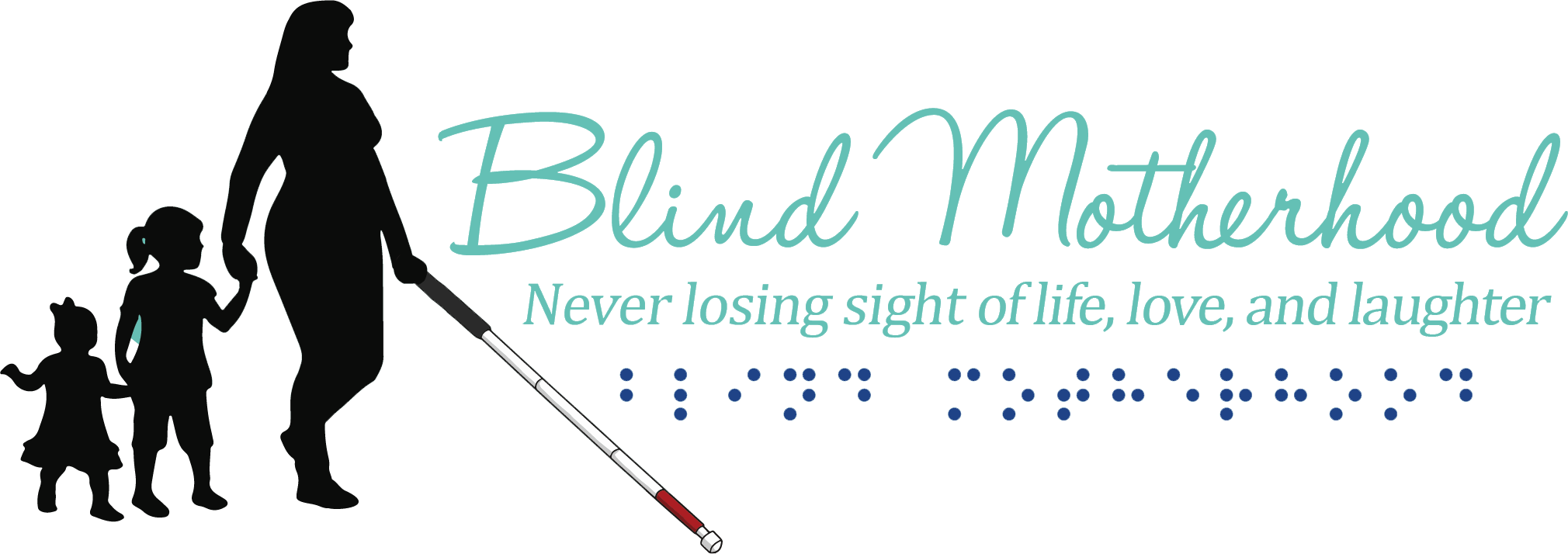

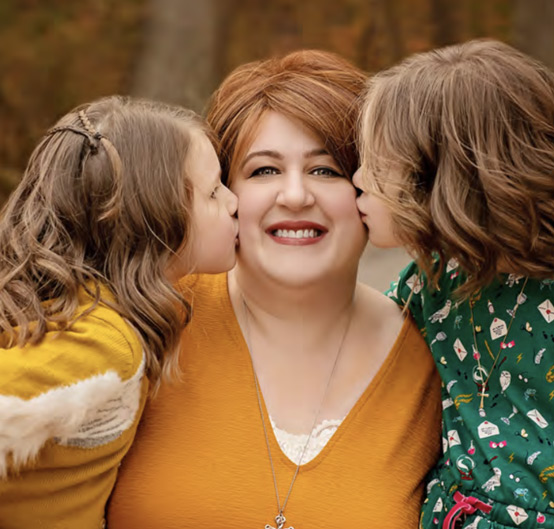
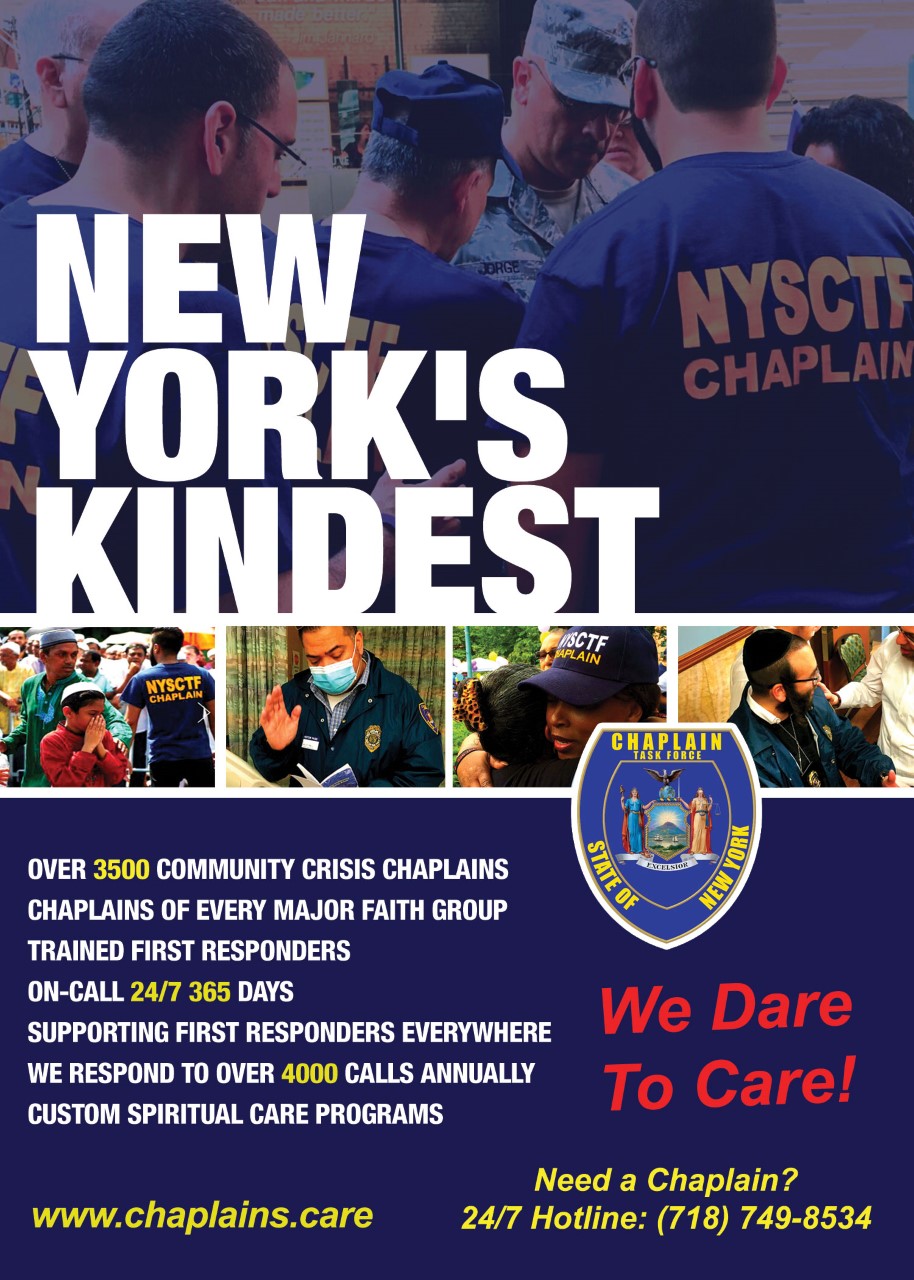
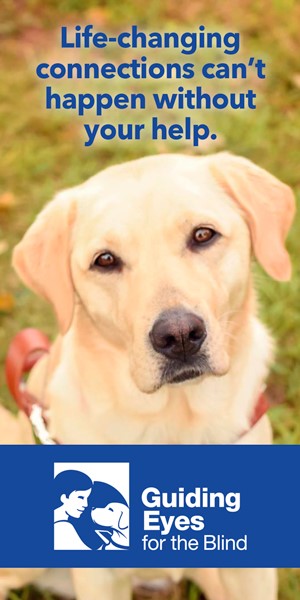
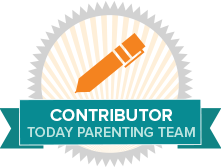
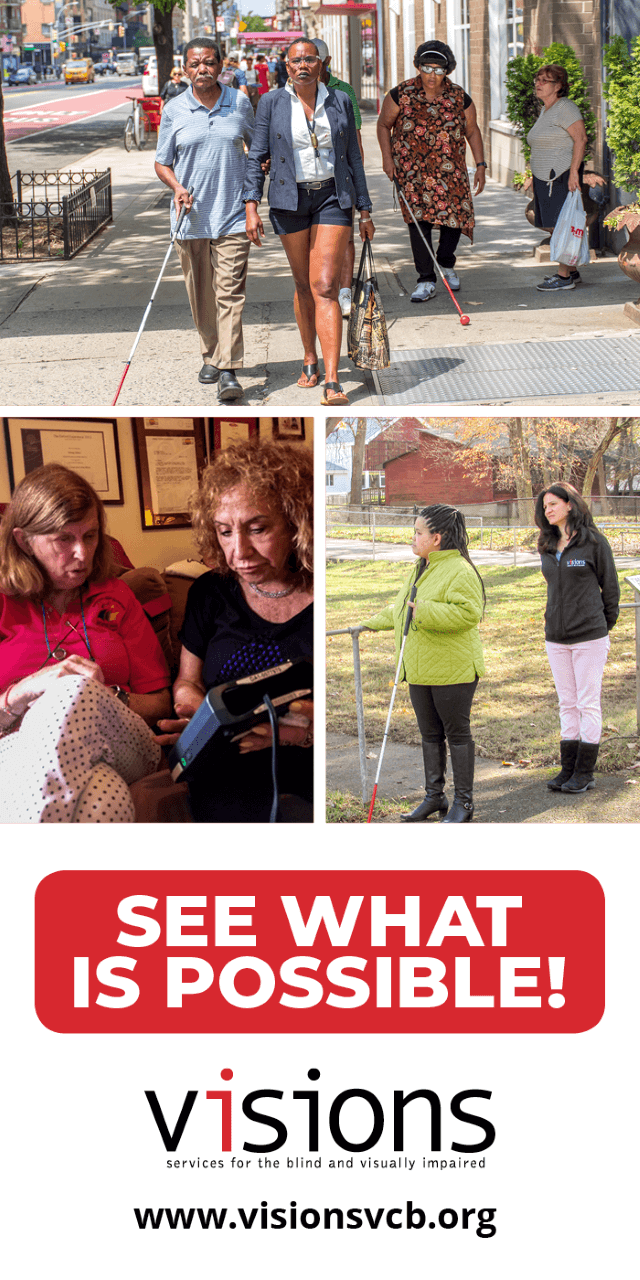
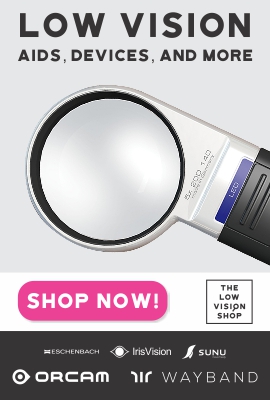
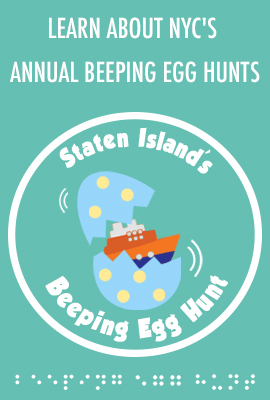
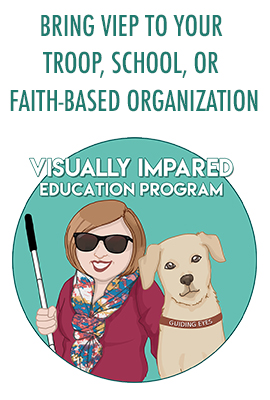
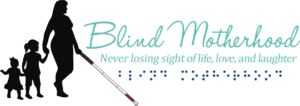
Hey Holly–this is awesome! I’m so glad to see you’re so motivated, inspired, and positive despite your vision loss. You really make me happy to see that there’s others out there like myself. I wanted to write to you because 1) I wanted to let you know how helpful your blog has been for me and 2) to discuss options that can help. I saw that you wrote an article for OrCam regarding blind accessibility. I was just wondering what you thought of them? Did you find their electronic glasses for the blind to be helpful? I’m considering purchasing one myself, but I’d love to hear more from you! Let me know if you can. Thanks for these articles, you truly are an inspiration! Keep it up! 🙂
Gary – you should contact OrCam via their website and they will arrange for a representative to give you a demonstration. I find the technology essential for reading, especially in my professional life.
Thank you for this post. This has been something I’ve wondered about for a while now as I am a parent whose child is entering kindergarten in NYC this fall. While I have no issues getting him to and from school, I am curious about other accommodations they will make for disabled parents.
Not too many accommodations Morgan. I am working on it, but sadly, disabled parents don’t seem to be a priority.
Thank you for the post, you touched some very important topics